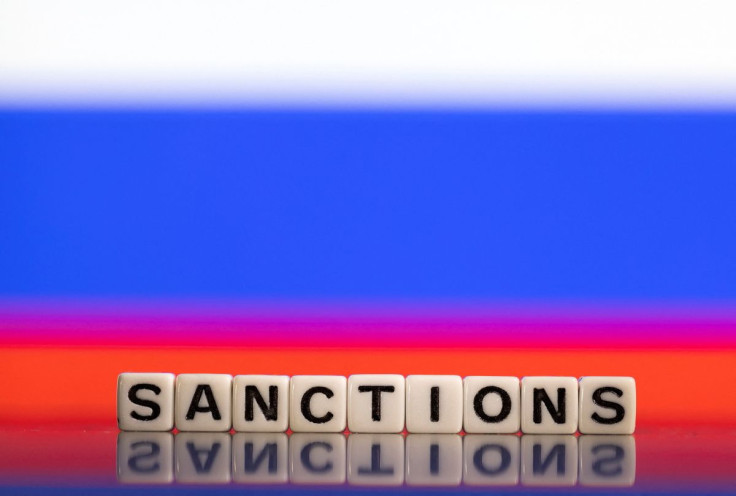EU In Talks With U.S. On Possibly Expanding Airspace Ban For Russian Carriers

European Union officials are speaking with their United States counterparts about extending the current airspace bans imposed on Russia following its invasion of Ukraine, a senior EU official said on Tuesday.
Airlines are bracing for potentially lengthy blockages of key east-west flight corridors after the European Union and Moscow issued tit-for-tat airspace bans. Washington has not ruled out similar action in response to what Russian President Vladimir Putin has called "a special military operation."
"Yes, there are discussions with the U.S. on what measures they will adopt," the official told reporters, adding that it was too early to assess the impact of the bloc's airspace ban.
Global supply chains, already hit hard by the pandemic, face increasing disruption and cost pressure by the closure of the skies which will affect over a fifth of air freight.
Hardest hit are likely to be Russian carriers, which make up approximately 70% of the flights between Russia and the EU, the official said.
"On a daily basis, there are approximately 300 flights per day from Russian carriers into the EU ... or overflying the EU," he said, far more than the 50 flights per day by EU airlines to Russia and the 90 flights overflying its territory to Asia by European companies.
The EU official said the measures also target Russian oligarchs who may be tempted to circumvent the air space ban.
"The measures apply to Russian nationals even if they have double nationalities, they will be covered by those. And it doesn't matter whether they are EU residents, if they are Russian nationals, they will be covered," he said.
"Russian nationals or a Russian company cannot charter, own or control a plane that will be flying into the EU, out of the EU or overflying the EU. So that's the rule."
© Copyright Thomson Reuters {{Year}}. All rights reserved.





















